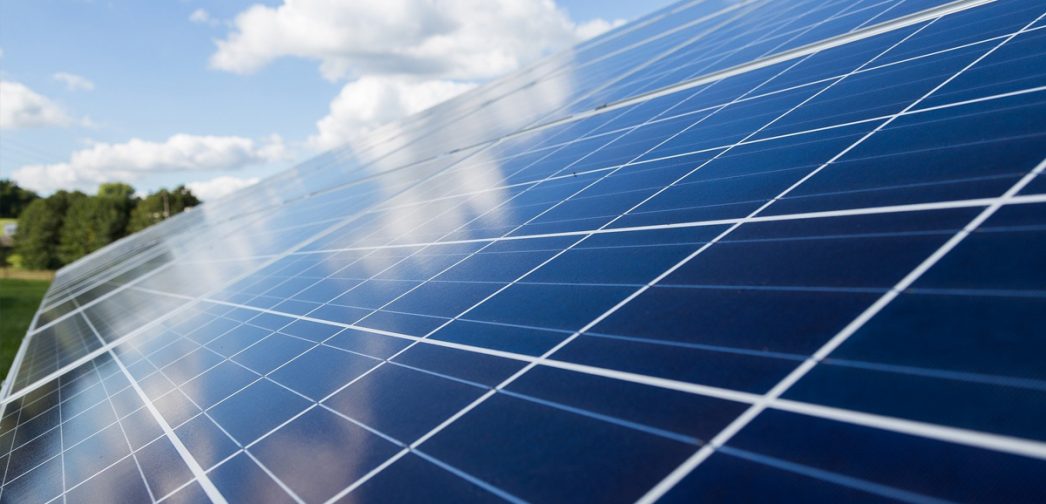I. INTRODUCTION – KEY ASPECTS OF PORTUGUESE LAW – DEFINITION OF INSOLVENCY AND LEGAL FRAMEWORK Insolvency proceedings consist of a universal enforcement process, with the objective of satisfying creditors in the best possible way in an bankruptcy scenario, either by an insolvency plan based on the recovery of the company via the insolvency assets, or, when this is not possible, by liquidating the debtor’s assets and sharing its result among the creditors. Insolvency proceedings in Portugal are only triggered in the case of a debtor’s insolvency, which is defined, in general, as the inability of the debtor to fulfill its obligations as they fall due (cash flow criteria). Aside from this, and in the case of legal entities, the debtor is also considered to be in an insolvency situation when, according to accounting criteria, the liabilities of the debtor clearly exceed its assets (balance sheet criteria). Under Portuguese Law, the most relevant laws and statutory regimes that apply to the financial restructuring, reorganizations, liquidations, and insolvencies are the following: Insolvency and Recovery Code (“Código da Insolvência e da Recuperação de Empresas” – hereinafter “CIRE”), approved by the DecreeLaw No. 53/2004, dated 18.03.2004 and last amended at 11.09.2022 by the Law … Read More
Article – Renewable energy in Portugal – Solar news
1. Introduction In Portugal, electricity production is an activity open to competition, under two legal regimes: general regime (related to traditional non-renewable sources and large hydroelectric generating centres) and special regime (related to cogeneration and electrical production from renewable energy sources). The legal regime applicable to production of renewable energy has been subject to constant updates, in order to comply with the provisions of the Regulation on European Union Governance and Climate Action (EU Regulation 208/1999 ) and the Integrated National Energy and Climate Plan (PNEC 2030) for the 2021-2030 horizon, in order to promote the optimization of national energy resources (especially renewable ones) towards a carbon neutral economy by 2050. Among the rules that regulate large electricity production (greater than 1MW) from renewable sources, the following stand out: Decree-Law no. 29/2006, of 15 February Decree-Law no. 172/2006, of 23 August Ordinance No. 237/2013, of 24 July Ordinance No. 62/2018, of 2 March 2. Legal Regime Photo: According to the provisions of article 4, no. 1 of DL 172/2006, the exercise of the activity of electricity production from renewable sources is subject either to a production and exploration license or to prior communication to the General Directorate of Energy and … Read More



